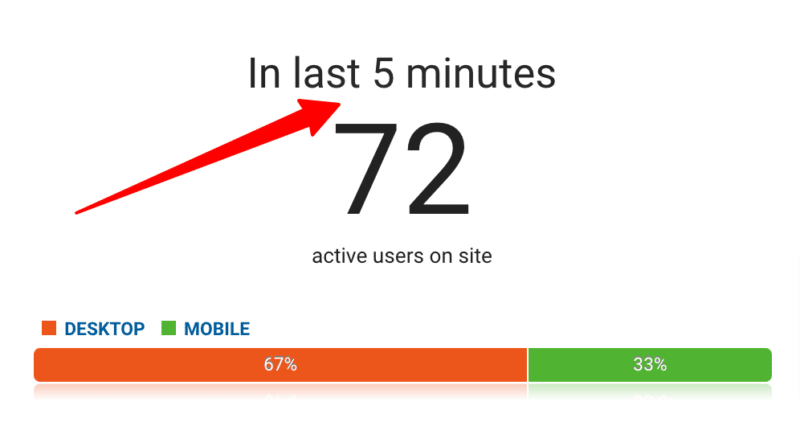Google has taken the headlines by storm this week, by either causing controversy with their free certifications or holding companies hostage, by adding quality of life features for tourists now that travel is being encouraged by governments. Let’s take a look at this week in search!
Google sued by Tinder’s parent company
Google has been sued by the online dating app company Match Group on the 9th March, Match Group stated that the tech giant has an illegal monopoly on Android because they force apps to use their billing system.
Match Group own over 40 dating apps including Tinder and Hinge has claimed that Google’s in-app payment options and policies are anti-competitive.
The suit alleges that Google is holding companies “hostage”
Match Group has stated the following in their lawsuit, which was filed in Northern California’s district court:
“Ten years ago, Match Group was Google’s partner. We are now its hostage. Once it monopolized the market for Android app distribution with Google Play… Google sought to ban alternative in-app payment processing services so it could take a cut of nearly every in-app transaction on Android.”
Google’s in-app payments work by charging a service fee of 15-30% to apps, as well as monetising the personal data of their billions of app users according to an announcement on Match Group’s website.
Match Group also said in the announcement:
“These exorbitant ‘fees’ force developers to charge users more for their services and utilize resources they would otherwise invest in our employees, technologies and user-requested features,”
Google’s response
As a response to the lawsuit, Google made a blog post where they accused Match Group of trying to leverage Google’s investments in the platform for no cost.
In the blog post, Google states:
“After years of reaping the benefits of Google Play, Match Group is doing all it can to avoid paying for the enormous benefits it receives–including misusing the courts, lobbying policymakers and even suggesting to investors that alternative billing systems would exempt them from paying for the valuable services they receive from Google Play.”
Google has refuted the charges Match Group has brought against them, they have claimed their fees are the lowest amongst major app stores, and that the fees help support the entirety of Google Play services.
Google’s response also points out one key fact, that Android is the only mobile platform that allows alternative distribution choices for apps.
Google’s disastrous digital marketing training course
Google has released a new Digital Marketing training course on the online training platform Coursera, but it has met massive criticism from the SEO and marketing communities online.
Announced on the 2nd May, the idea behind the course which is being offered to U.S businesses is to train or upskill an employee with Digital Marketing skills where they would receive a career certificate scholarship for free.
The criticism started when this tweet from international SEO consultant Gianluca Fiorelli:
Displayed on the tweeted screenshot is Google’s advice on avoiding keyword stuffing, where the advice is as follows:
- Write more than 300 words on your webpage.
- Your webpage is more likely to be ranked higher in search engine result pages if you write a higher volume of quality content.
- Keep your keyword density below an industry standard of 2%.
- This means that 2% of the words on the webpage or fewer should be target keywords.
- Be thoughtful about keyword placement.
- Your keywords should be used only once in the following places on each page within your website: page title, subheading, first paragraph, and body conclusion.
Fiorelli tweeted :
“I mean… keyword stuffing is bad, sure! but solving it by spreading SEO myths that SEOs try to eliminate?”
“I know that this course is very entry-level, but exactly for this reason myths like these ones should not be taught. Did the SEOs in Google review the course?”
Google search liaison Danny Sullivan tweeted a response to Fiorelli, saying that the above advice can be “ignored” and that the “search team don’t recommend limits or ‘density'”. Sullivan also linked to Google’s advice from their SEO Starter Guide, which has no mention of keyword density or word count minimums.
What is Keyword Density?
Keyword density is a percentage that shows how often a keyword or phrase is being used on a web page. To work it out you divide the total number of times the keyword or phrase by the total number of words on the page, then multiply the result by 100.
There is no industry standard for keyword density, even Google downplay keyword density and in the past has said in articles:
“… in the on-page space, I’d recommend thinking more about words and variants (the ‘long-tail’) and thinking less about keyword density or repeating phrases.”
This video from ex-Googler Matt Cutts shares more on “the ideal keyword density of a page”
The two key takeaways from the video are as follows:
- “So the first one or two times you mention a word, then that might help with your ranking, absolutely. But just because you can say it seven or eight times, that doesn’t mean that it will necessarily help your rankings.”
- “I would love it if people could stop obsessing about keyword density. It’s going to vary. It’s going to vary by area, it’s going to vary based on what other sites are ranking it. It’s not a hard and fast rule.”
As much as keywords matter, there isn’t a ratio or percentage of keywords that will guarantee your page web traffic and rankings.
What about word count and SEO?
The 300-word advice from Google more than likely came from a Yoast article, where they said:
“We advise writing more than 300 words for regular posts or pages, while product descriptions should be over 200 words. Why is that? A higher word count helps Google better understand what your text is about. And, generally speaking, Google tends to rank longer articles higher.”
Google’s advice on the course is:
- Write more than 300 words on your webpage.
- Your webpage is more likely to be ranked higher in search engine result pages if you write a higher volume of quality content.
Both pieces of advice look quite similar.
Google experts have stressed in the past that the quality of the content matters more than the word count and that you don’t need to unnecessarily stuff a blog post with words for instance.
Why this is bad
All the advice Google is offering is calling the validity and value of the course and certification because it’s spreading SEO myths that aren’t true. What makes it worse is that the advice hasn’t come from someone on the Google search team, and Google has said “all course instructors are Google employees who are subject-matter experts.”
If they were experts, then they wouldn’t have included advice that isn’t relevant or would have offered advice that can actually make a difference to the people who are doing the course.
Google retitle real-time metrics on Google Universal Analytics
Google has changed the title of real-time metrics in Universal Analytics to now read “in the last 5 minutes” instead of “right now”.
This is due to Google wanting to make the title of these metrics more accurate and specific to what it is actually displaying.
The new title and metrics look like this:

Compared to how it used to look below:
It is suspected that Google made the change in order to communicate how real-time metrics are different in Universal Analytics compared to GA4. In Universal Analytics the real-time metrics are taken from the last 5 minutes, whilst in GA4 they’re taken from the last 30 minutes.
If you see this change, don’t be alarmed as the metrics won’t have changed, it’s just the title.
Google search update adds a new feature for eager travellers
In lighter news, Google have added a new feature intended to help eager travellers and tourists Search. The new feature is called “Popular Destinations” and shows a carousel of popular tourist destinations, in order to bring this feature up you need to have a search query such as “Japanese tourism”
Here’s a screenshot of what it looks like:
If you click on any of the buttons, it will take you to Google Travel in the search results.






